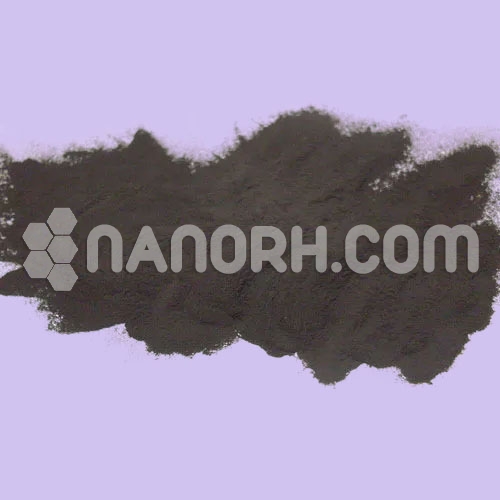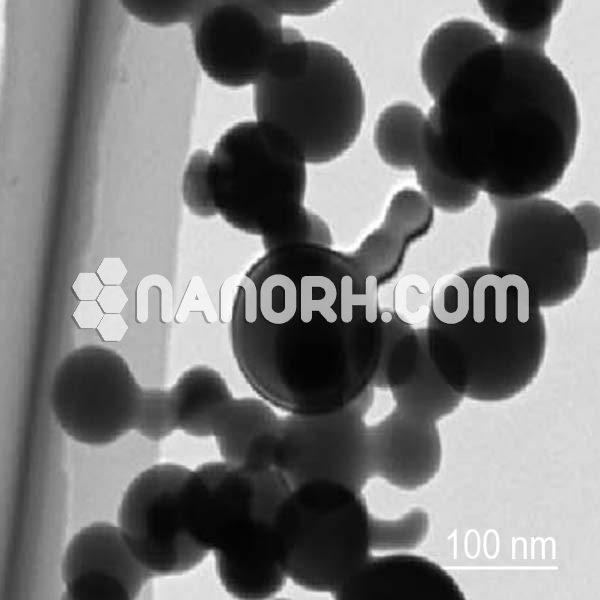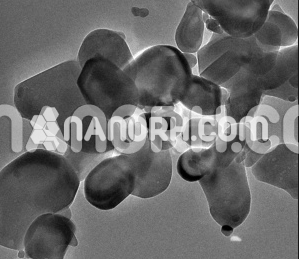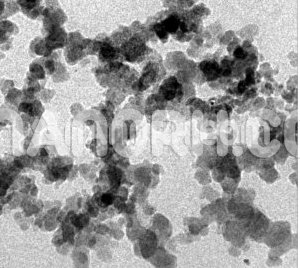| Fly Ash Nanopowder | |
| Product No. | NRE-6011 |
| CAS No. | 68131-74-8 |
| Formula | Na |
| Molecular Weight | Na |
| APS | < 100 nm |
| Purity | 99% |
| Form | Powder |
| Certificate of Analysis | |
| Assay | 99% |
| Other | 0.5% |
Fly Ash Nanopowder
Introduction
Fly Ash nanopowder is a byproduct of the combustion of coal in power plants. It primarily consists of fine particles rich in silica (SiO₂), alumina (Al₂O₃), and other oxides. Fly ash is typically categorized into two types: Class F and Class C, based on its chemical composition. While it is commonly used in construction materials such as concrete, the transformation of fly ash into nanopowder has sparked significant interest due to its enhanced properties at the nanoscale.
Applications
Concrete and Construction:
can be used to enhance the properties of concrete and cement. Due to its high reactivity at the nanoscale, it improves the strength, durability, and workability of concrete. It can also reduce the carbon footprint by replacing a portion of traditional Portland cement.
Nanocomposites:
is an excellent filler for polymer nanocomposites. It improves the thermal stability, mechanical properties, and barrier properties of polymers, making it useful in industries such as automotive, aerospace, and packaging.
Environmental Remediation:
Fly ash nanopowder has been explored for its ability to adsorb heavy metals and toxins from water. Its high surface area and reactivity make it an efficient material for water purification and soil remediation.
Energy Storage:
Due to its nanostructured nature, fly ash nanopowder has been studied for use in energy storage devices such as supercapacitors and batteries. It can contribute to higher energy density and longer cycling stability.
Catalysis:
Fly ash nanoparticles can serve as catalysts or catalyst supports in chemical reactions. Their high surface area and reactivity allow them to accelerate chemical processes, particularly in processes like hydrogen production or wastewater treatment.
Thermal Insulation:
Fly ash nanopowder has been incorporated into materials for thermal insulation applications. Its light weight and enhanced properties make it useful in the development of insulating coatings and materials.
Pharmaceuticals and Biotechnology:
Fly ash nanoparticles have shown potential in drug delivery and biomedical applications. Their small size, surface properties, and ability to carry substances can be harnessed for therapeutic purposes, such as controlled release of drugs.




